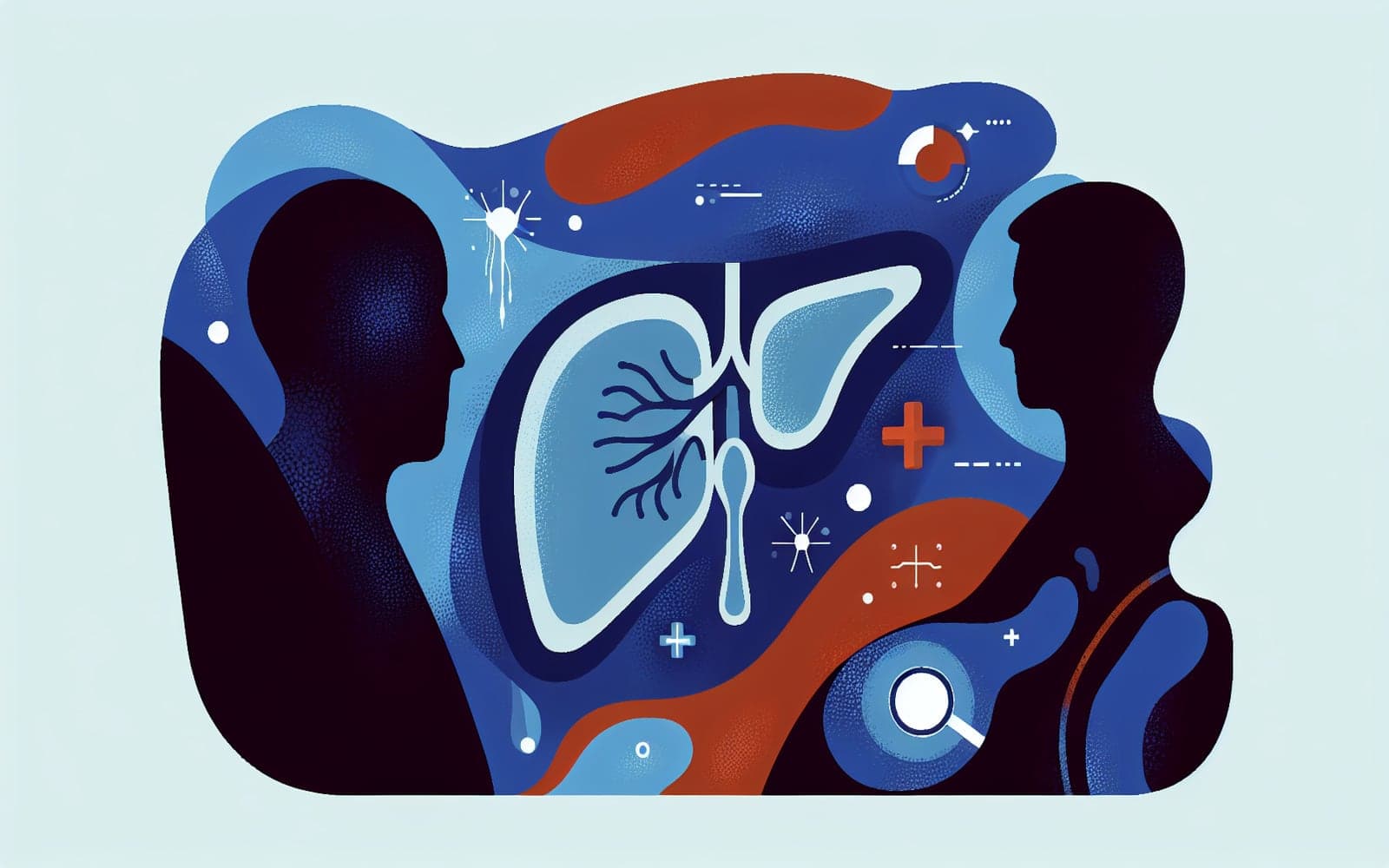What Happens When the Spleen is Impaired?
Published: Aug 31, 2024

Medically reviewed by Alan Lucks | MD, Alan Lucks MDPC Private Practice - New York on August 31st, 2024.
The spleen plays a crucial role in fighting infections. When it's not working properly, it can lead to serious health issues. Discover how spleen dysfunction affects your body and health.
Contents
Defining Spleen Impairment
Spleen impairment includes both asplenia and hyposplenism. Asplenia is the complete loss of spleen function, often due to surgery or medical conditions like sickle cell disease. Hyposplenism is a partial loss of function, commonly caused by conditions like chronic liver disease or HIV.
Increased Infection Risk
When the spleen is impaired, the body becomes more susceptible to infections from encapsulated bacteria, such as Streptococcus pneumoniae. This increased risk necessitates extra precautions, including vaccinations and, for some, daily antibiotic prophylaxis.

Identifying Symptoms
Symptoms of infections in those with spleen impairment can include fever, chills, and headaches. Recognizing these early signs is crucial, as infections can progress rapidly and become life-threatening without prompt treatment.
Frequently Asked Questions
Asplenia is the complete loss of spleen function due to surgery or medical conditions.
It increases the risk of serious infections from certain bacteria.
Common signs include fever, chills, and headaches.
Key Takeaways
Understanding spleen impairment and its effects can help you take proactive steps to safeguard your health.
Get started by consulting with Doctronic about how to protect yourself from infection risk associated with spleen impairment.Related Articles
References
Cullingford GL, Watkins DN, Watts AD, Mallon DF. Severe late postsplenectomy infection. Br J Surg 1991; 78:716.
Eber SW, Langendörfer CM, Ditzig M, et al. Frequency of very late fatal sepsis after splenectomy for hereditary spherocytosis: impact of insufficient antibody response to pneumococcal infection. Ann Hematol 1999; 78:524.
This article has been reviewed for accuracy by one of the licensed medical doctors working for Doctronic. Always discuss health information with your healthcare provider.

